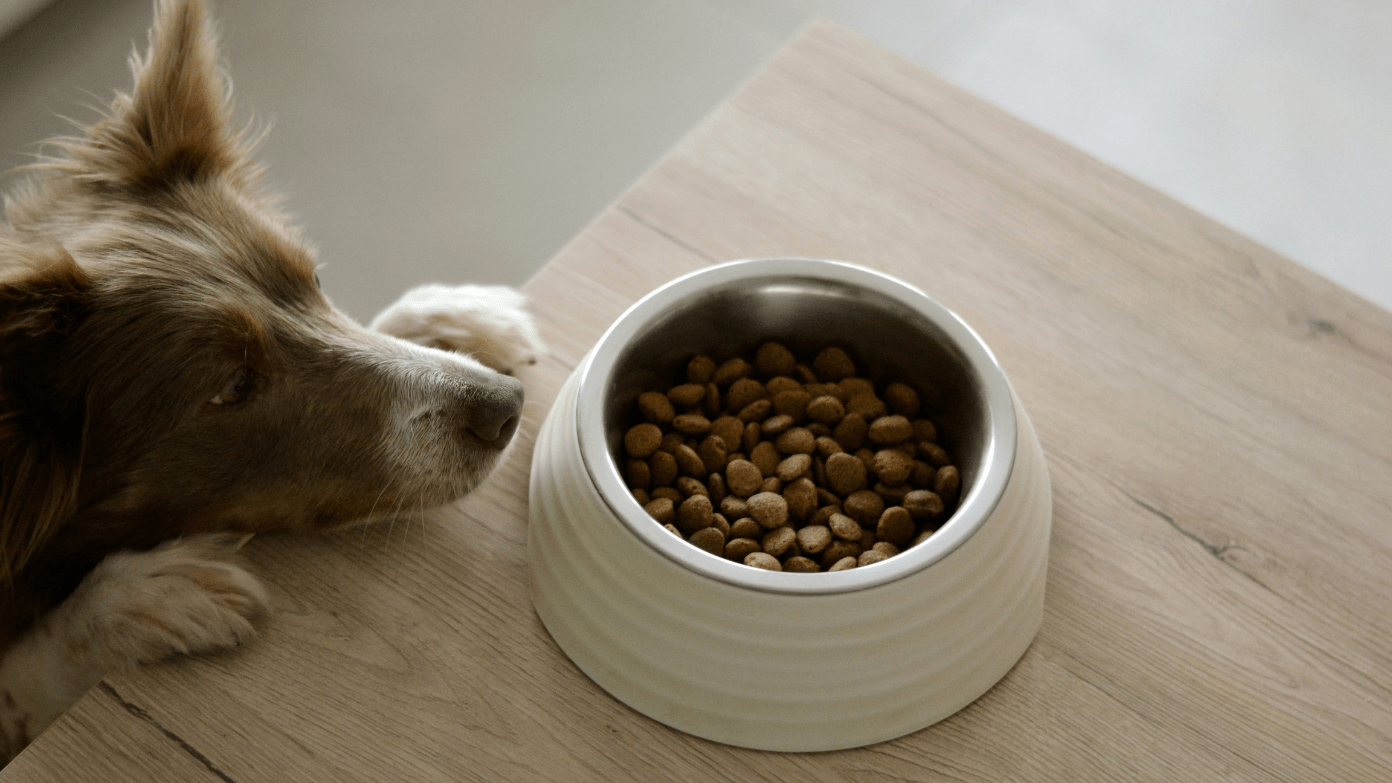Bad news has come for pet owners this week. The Food and Drug Administration (FDA) has issued a warning after certain dog and cat food products were recalled nationwide. The recall involves Viva Raw, a pet food company based in Charlotte, North Carolina, which is pulling multiple batches from the market due to possible contamination with salmonella and listeria monocytogenes.
Which dog food brands and batches are affected?
Viva Raw has announced a voluntary recall of specific products. The recalled items include both dog and cat food products packaged in frozen 1-pound vacuum-sealed bricks.
The affected lots include:
- Lot 21495
- Viva Ground Beef for Dogs
- Viva Beef & Turkey for Puppies
- Viva Ground Beef for Dogs
- Lot 21975
- Viva Ground Chicken for Dogs
- Viva Chunked Chicken for Dogs
- Viva Chicken for Cats
- Viva Pure Chicken
- Viva Ground Chicken for Dogs
To see the lot number, check the number at the top of the food packaging. If you have purchased any of these products, it is strongly recommended that you stop feeding them to your pets immediately.
Read more:
Why the recall is happening
The reason behind this recall is the detection of possible contamination with salmonella and listeria. These bacteria can pose serious health risks not just to pets but also to people who handle the food.
As Viva Raw explained in its notice on the FDA website: “Salmonella and Listeria can affect animals eating the products and there is risk to humans from handling contaminated pet products, especially if they have not thoroughly washed their hands after having contact with the products or any surfaces exposed to these products.”
While no illnesses have been reported so far in either humans or animals, the company and regulators are acting quickly to prevent potential cases.
What are the health risks for pets?
If your dog or cat eats food contaminated with salmonella or listeria, they may develop symptoms such as:
- Diarrhea or bloody diarrhea
- Vomiting
- Fever
- Lethargy (low energy)
- Loss of appetite
- Abdominal pain
Some infections can become serious if left untreated, so it is important to keep an eye on your pet if you suspect they may have eaten any of the recalled food. If symptoms appear, you should contact your veterinarian right away.
Read more:
How humans can be affected
Pet food recalls are not just about animal safety. You, your family, or anyone handling the food can also be at risk. People can catch salmonella or listeria if they touch contaminated food and do not wash their hands properly afterward.
Symptoms in humans can include:
- Nausea and vomiting
- Diarrhea (sometimes bloody)
- Abdominal cramps
- Fever
- Headaches and muscle pain
Certain groups are more vulnerable, including children, older adults, and pregnant women. In rare cases, listeria infection during pregnancy can even result in miscarriage.
What to do if you have the recalled products
If you discover you have any of the recalled Viva Raw products in your freezer, here is what you should do:
- Stop feeding the product to your pets immediately
- Safely dispose of the food in a sealed bag so that no other animals can get into it
- Wash and sanitize any surfaces, bowls, or utensils that came into contact with the recalled food
- Wash your hands thoroughly after handling the products
For added safety, consider monitoring both your pets and yourself for any signs of illness.
Read more:
Where the recalled products were distributed
Viva Raw said the recalled items were sent directly to customers across the United States. In addition, they were shipped to retail locations in seven states:
- Arizona
- California
- Florida
- Illinois
- Kansas
- New York
- South Carolina
That means even if you did not buy the products online, you may still have purchased them in-store if you live in one of these states.
Why this matters for pet owners
Food recalls like this remind us just how important it is to stay alert about what we feed our pets. Contaminated food does not just make animals sick — it can also put your family at risk. Even if you trust a brand, it is always a good idea to check recall notices from the FDA or directly from the manufacturer.

